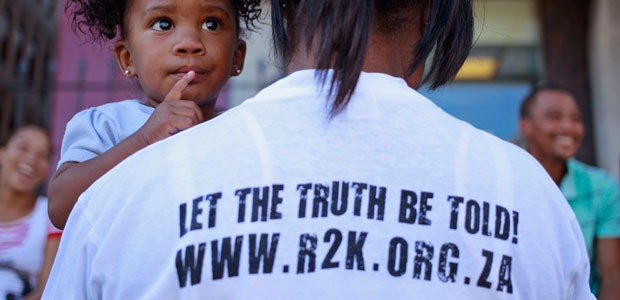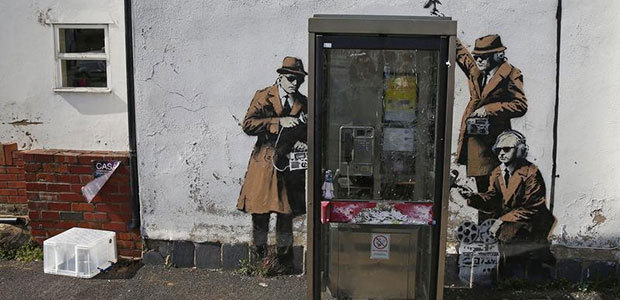CPJ, HRW call on president of European Olympic Committees to engage with Azerbaijan on press freedom, human rights
A delegation of representatives from CPJ and Human Rights Watch met yesterday with Patrick Hickey, president of the European Olympic Committees, at the Dublin headquarters of the Olympic Council of Ireland. The delegation discussed the dismal state of press freedom and human rights in Azerbaijan, the host of the first-ever European Games in June and…
CPJ calls on European Olympic Committees to engage with Azerbaijan on press freedom
Dear President Patrick Hickey: I am writing on behalf of the Committee to Protect Journalists, an independent international press freedom organization, to call your attention to the dismal climate for press freedom in Azerbaijan, which is scheduled to host the first-ever European Games on June 12.

Burundian authorities crack down on press ahead of elections
Nairobi, April 29, 2015–The Committee to Protect Journalists condemns the harassment of journalists and news outlets in Burundi and calls on authorities to allow them to cover protests ahead of scheduled elections in May and June. Police cut the transmission of at least three radio stations, and telecommunications companies have been ordered to suspend mobile…
Authorities shut TV news station in Thailand
Bangkok, April 29, 2015–Thai authorities on Monday revoked the operating license of Peace TV, a news station aligned with the elected government ousted in last year’s military coup, according to news reports. The Committee to Protect Journalists condemns the move and calls for Thai authorities to stop harassing and censoring the media.

Outdated secrecy laws stifle the press in South Africa
Nelson Mandela regularly harangued the media once he’d been freed after 27 years of imprisonment by South Africa’s apartheid government. He would call individual journalists when he liked or disliked something they had written or when he wanted to advance a political lobby.

Surveillance forces journalists to think and act like spies
Once upon a time, a journalist never gave up a confidential source. When someone comes forward, anonymously, to inform the public, it’s better to risk time incarcerated than give them up. This ethical responsibility was also a practical and professional necessity. If you promise anonymity, you’re obliged to deliver. If you can’t keep your word,…


